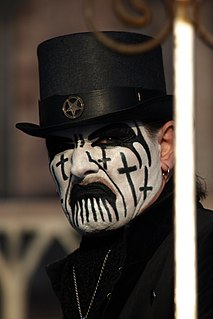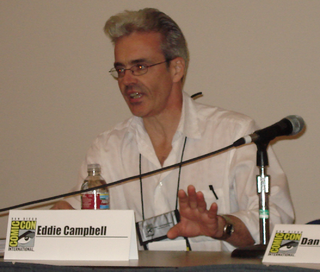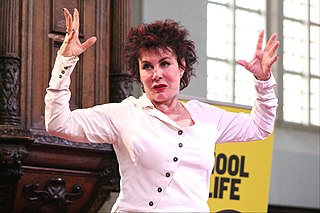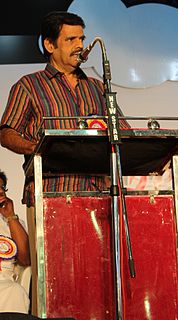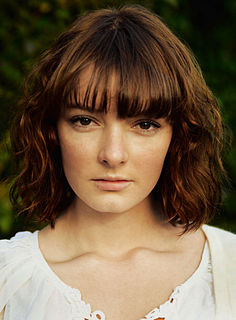A Quote by Maurice Cowling
I've read The Satanic Verses and I thought it a nasty, sneering, free-thinking book... I can understand why the book is offensive and it didn't seem to me to be anything but offensive when I read it.
Related Quotes
I opposed the Fatwa against Salman Rushdie. I read the book and took a critical distance. I did not think The Satanic Verses is a blasphemous book. I did not consider the book as being a great read, but as an intellectual I read, I assess, and I respond. I make a difference between true freedom of expression to which we owe a response and provocation, which we ignore.
The book on my nightstand right now isnt anything that inspired me, but it entertained me. I read a book on Labor Day, it was a holiday, and I have three daughters, and we all went to the shopping mall and I sat on the bench and read a book while they shopped, it was called The Greatest Golfer there Ever Was, it was a great book, easy to read and entertaining.
One day, I found this book at a used bookstore with 'Satanic Bible' written on the cover, and I thought maybe I should read it and see what it is. I thought it was like a religion, but then I read the book, and what was in it was pure life philosophy - and it was a life philosophy that described how I felt at that point.
I read everything. I'll read a John Grisham novel, I'll sit and read a whole book of poems by Maya Angelou, or I'll just read some Mary Oliver - this is a book that was given to me for Christmas. No particular genre. And I read in French, and I read in German, and I read in English. I love to see how other people use language.
I suppose that it was inevitable that my word-base broadened. I could now for the first time pick up a book and read and now begin to understand what the book was saying. Anyone who has read a great deal can imagine the new world that opened. Let me tell you something: from then until I left that prison, in every free moment I had, if I was not reading in the library, I was reading in my bunk. You couldn’t have gotten me out of my books with a wedge...Months passed without my even thinking about being imprisoned. In fact, up to then, I never had been so truly free in my life.
Crocker's Rules didn't give you the right to say anything offensive, but other people could say potentially offensive things to you, and it was your responsibility not to be offended. This was surprisingly hard to explain to people; many people would read the careful explanation and hear, "Crocker's Rules mean you can say offensive things to other people."
I didn't really like reading much before I did 'The Golden Compass'. But then my teacher told me to read it. And I thought, 'Oh God, I'm going to have to read a whole book by myself!' It's not that I couldn't read, it's just that I didn't really like books very much. But the book that she lent me I really enjoyed.
The first comic I can remember ever reading was a 'Fantastic Four' issue that my dad bought out of the drugstore once. The thing that struck me about it was that the ending wasn't an ending. It was essentially a cliffhanger. It was the first time I had ever read anything like that, where you read a book, but the book isn't the book.
I was raised pretty much a fundamentalist, but the one thing that fundamentalism gave to me was the love for that book and a commitment to read and study it. The difficulty is that I've read it all, I didn't skip around, I read it all, and when you read it all, you can't take it literally because you don't want to blame God for a lot of stuff that occurs in that book. There are some pretty violent scenes.
Corliss wondered what happens to a book that sits unread on a library shelf for thirty years. Can a book rightfully be called a book if it never gets read? If a tree falls in a forest and gets pulped to make paper for a book that never gets read, but there's nobody there to read it, does it make a sound?



